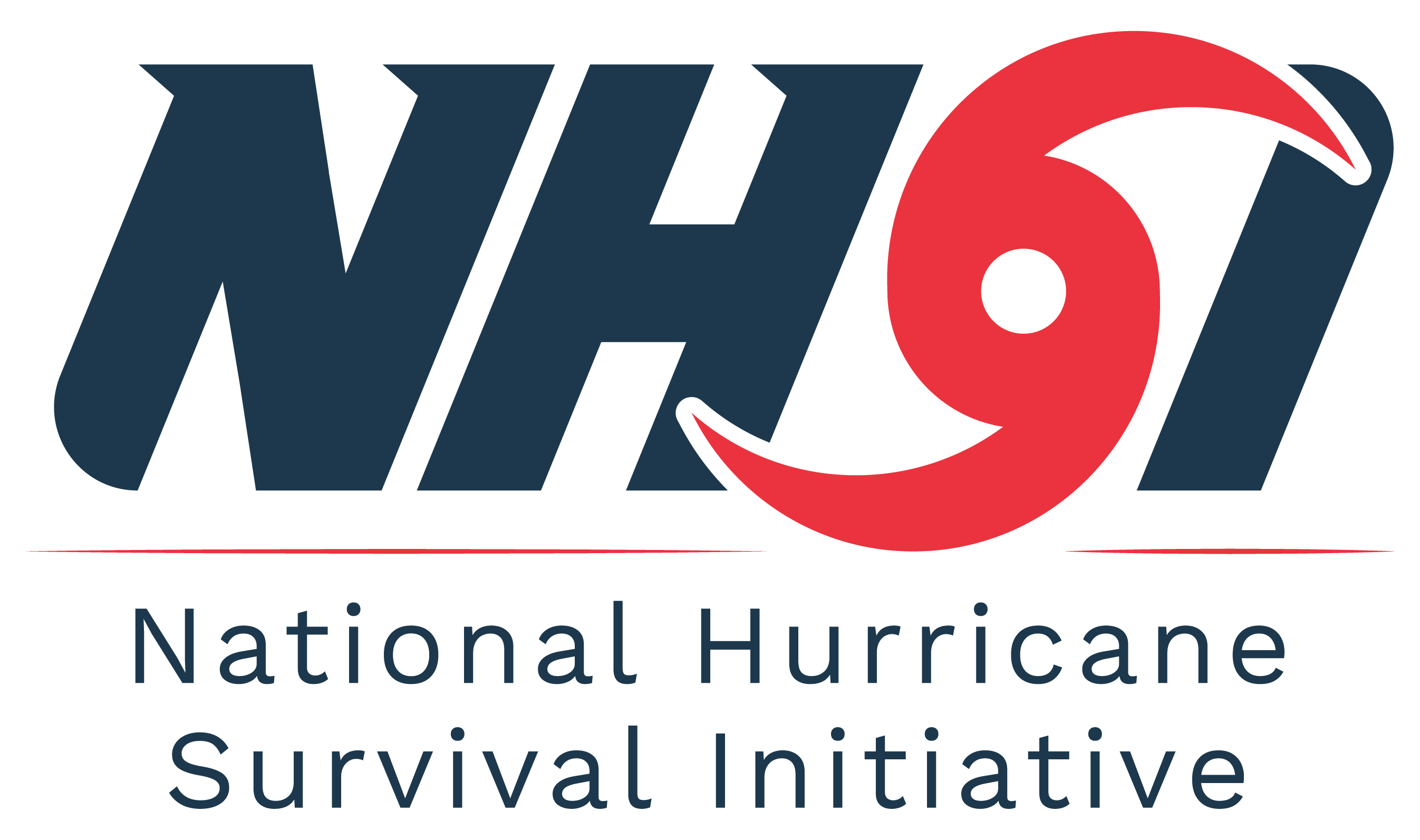According to a new national survey, residents of Mid-Atlantic states report the highest level of concerns about hurricanes. In a year when NOAA is predicting a hyper-active hurricane season, 67% of Mid-Atlantic residents are concerned that their area will be impacted, compared to 48% of Americans overall.
Americans blame climate change for increased severity and frequency of weather events
Americans’ perception is that the severity and frequency of weather events have increased over the past five years – and nearly two-thirds blame climate change.
Tornadoes and Climate Change: Unraveling the Complex Connection
Explore how climate change might be influencing tornado patterns and their frequency. As scientists explore the intricate relationship between global warming and extreme weather, new patterns in tornado occurrences emerge.
Read the full article on National Geographic to understand more about this evolving challenge.
Tornadoes and Insurance: Are You Prepared?
Each year, around 1,200 tornadoes with winds up to 300 mph hit the United States, causing extensive damage. Learn how standard insurance policies can protect your home, business, and vehicles from these frequent yet destructive natural disasters. Don’t wait until it’s too late—understand your coverage now.
Read the full article on the Insurance Information Institute’s website.
Stay Informed, Stay Safe: Harnessing the Power of Social Media During a Disaster
Hurricanes are among the most common and costly catastrophes in the United States, so chances are you’ve tuned in to social media only to see horrific images and videos of homes washing away from powerful storm surges, power lines blockading neighborhoods from strong winds, and towns left devastated – often for months on end.
In today’s age of instant communication, social media allows everyone to play the role of the journalist in sharing events that are happening all around them. During a disaster, social media enables messages to be shared quickly – by a vast amount of people simultaneously. According to the Pew Research Center, “half of U.S. adults get news at least sometimes from social media.”
While social media is a great outlet for disseminating information, it can also be used as an effective emergency management tool to help those in the affected areas provide and receive updates, connect, and locate necessary resources. So, how can you harness these social media platforms to benefit your emergency preparedness?
Below are a few actions you can take today to have full access to information that might just save someone’s life.
Before Disaster Strikes
- Research and follow various government entities that help prepare for disasters, such as the Federal Emergency Management Agency, the National Hurricane Center, The Salvation Army, the National Emergency Management Association, and others. Don’t forget about local entities that are likely to share timely updates, such as the county police or fire department.
- Make sure all electronic devices are fully charged and backup batteries or wireless chargers are in multiple locations.
- Sign up to receive RSS feeds from some of your trusted sources.
During a Disaster
- Regularly check your social media feeds for updates and emergency communications warnings.
- Use posts on social media accounts to request assistance in an emergency situation.
- Monitor other users’ social media activities and posts to establish situational awareness and find out what the conditions are in surrounding areas.
Following a Disaster
- Use various visual social media applications to upload images to create damage estimates.
- Communicate with loved ones and friends to notify them of your safety quickly and efficiently. This can be done through direct messages or even tools within the platform such as the Safety Check feature on Facebook
- If disaster recovery resources are needed, use social platforms to find local non-profits that are distributing resources in your community.
- Turn to social media to find out—in real-time—what local companies, such as gas stations and restaurants, have power and are open. Even if you don’t have power, a friend or family member who does may be able to relay this information to you through a phone call.
To help you prepare, below are some trusted social media resources you can access today. Follow or bookmark these profiles now so that you know where to turn later.
Facebook:
- FEMA: http://www.facebook.com/FEMA
- NOAA: https://www.facebook.com/NOAA
- U.S. National Hurricane Center: http://www.facebook.com/US.NOAA.NationalHurricaneCenter.gov
- The Salvation Army: http://www.facebook.com/SalvationArmyUSA
- American Red Cross: http://www.facebook.com/redcross
X:
- FEMA: https://x.com/fema
- NEMA: https://x.com/nema_web
- NOAA: https://x.com/NOAA
- U.S. National Hurricane Center (Atlantic): https://x.com/nhc_atlantic
- U.S. National Hurricane Center (Pacific): https://x.com/NHC_Pacific
- The Salvation Army: https://x.com/salvationarmy
- American Red Cross: https://x.com/redcross
- « Previous Page
- 1
- 2
- 3
- 4
- …
- 6
- Next Page »
